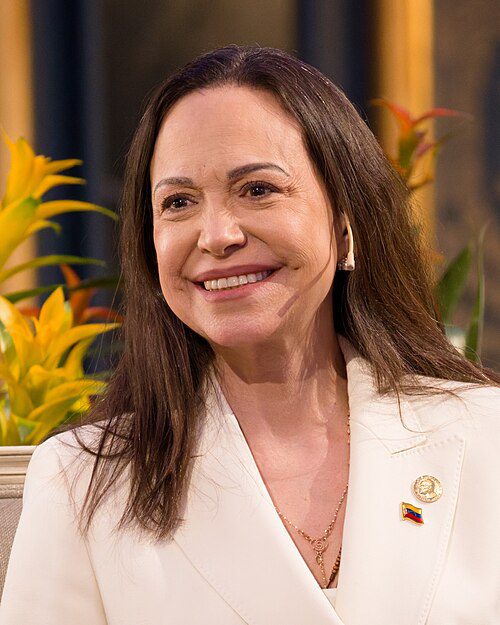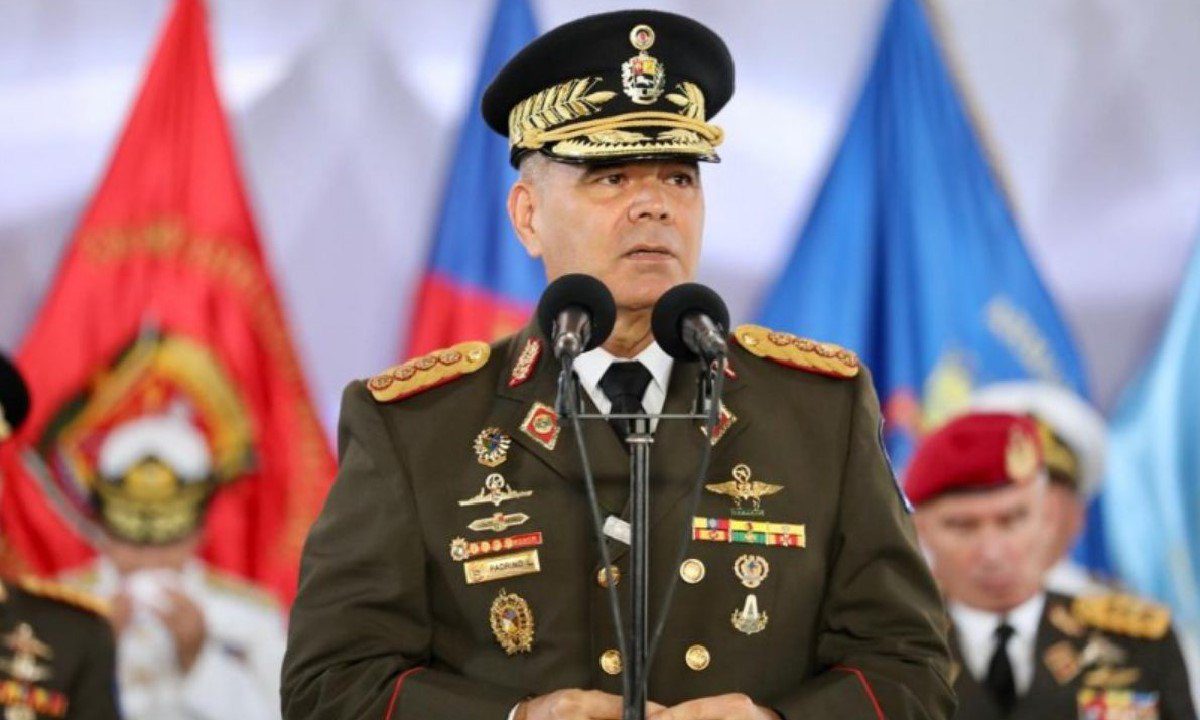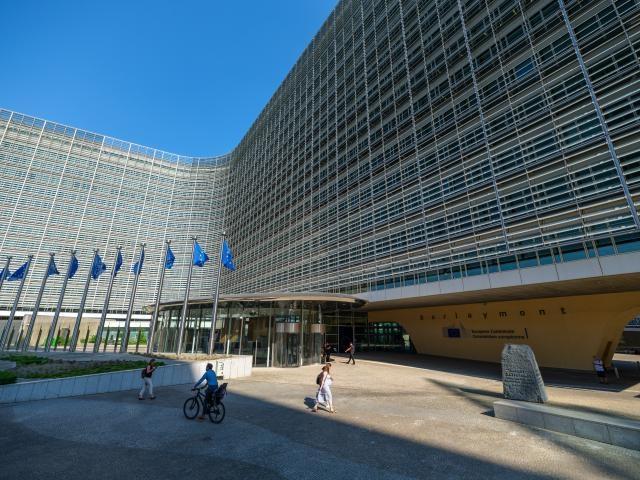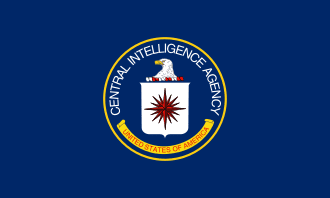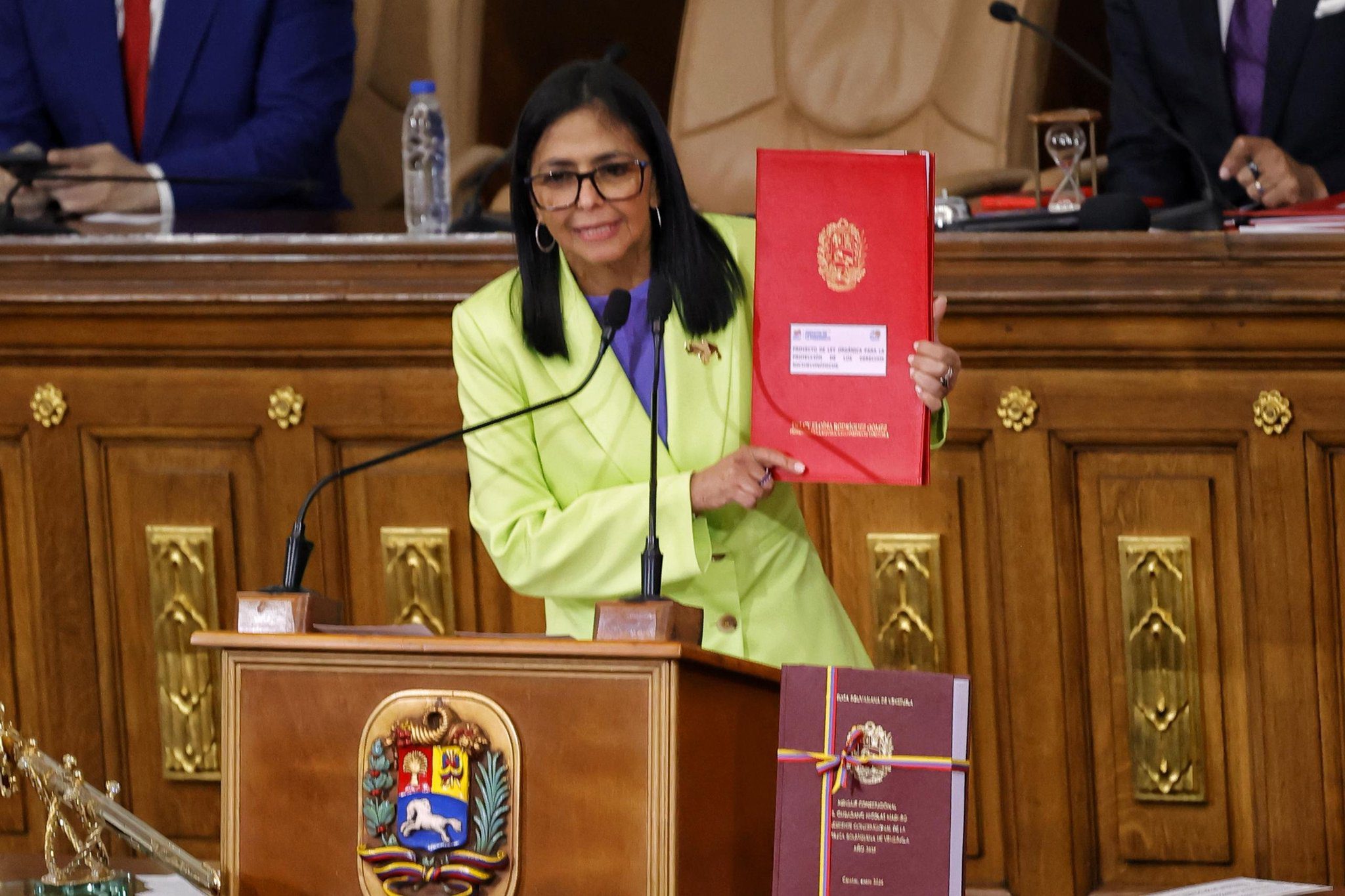The Wasp-class amphibious assault ship of the U.S. Navy, USS Iwo Jima (LHD-7). It is part of the recent deployment off the coast of Venezuela. Photo: MCSN Michael Minkler, USN.
Guacamaya, August 22, 2025. Under the justification of combating drug trafficking and confronting drug cartels, the United States has launched a military advance in the waters off Venezuela’s territorial sea. The situation has escalated tensions between the two countries and raised concerns about its consequences, drawing the attention of various actors in the region and the world.
In response to the action taken by the United States, the Venezuelan government announced the mobilization of four million militiamen across the country to defend the territory from the alleged threats posed by the North American nation. Additionally, as part of preventive measures, it prohibited, for a renewable 30-day period, the operation and aerial circulation of drones throughout the entire national territory.
The U.S. operation includes the deployment of three guided-missile destroyers, spy planes, a nuclear attack submarine, the recent addition of an amphibious squadron, and over 4,000 soldiers. In light of this, various reactions have emerged from the international community, including statements from neighboring countries and global and regional organizations.
UN and ALBA-TCP Urge Dialogue and Regional Peace
More recently, the position of the United Nations (UN) Secretary-General, Antonio Guterres, was made known. He called on Venezuela and the United States to “resolve their differences through peaceful means.” According to his deputy spokesperson, Daniela Gross, Guterres is “closely following” the events and “urges the two governments to de-escalate tensions and exercise restraint.”
The Bolivarian Alliance for the Peoples of America – Peoples’ Trade Treaty (ALBA-TCP) supported the position of the Venezuelan government, describing the U.S. military presence as an “attempt to impose interventionist policies contrary to the constitutional order of the states of Latin America and the Caribbean.” The resolution was passed after a virtual summit led from Caracas.
In addition to Venezuela, the regional organization includes Antigua and Barbuda, Bolivia, Cuba, Dominica, Grenada, Nicaragua, Saint Kitts and Nevis, Saint Vincent and the Grenadines, and Saint Lucia. Together, the ten countries called for Latin American and Caribbean unity to consolidate the region as a “territory of peace” in the face of a deployment “disguised as anti-drug operations.”
Colombia and Mexico, the First Voices Responding to the Deployment
Colombia was one of the first countries to speak out after Trump’s order for military mobilization was announced days ago. President Gustavo Petro rejected any military escalation and expressed support for Venezuela. “Any military operation that does not have the approval of brother countries is an aggression against Latin America and the Caribbean,” he stated in an X post on August 10.
The Colombian leader spoke again after the U.S. military mobilization to the Caribbean Sea took effect. This time, Petro warned about the risk of a potential conflict in the region. “The Americans are mistaken if they think that invading Venezuela will solve their problem; they would turn Venezuela into another Syria and drag Colombia into it,” he said during a cabinet meeting.
Other Colombian government officials have taken a more measured stance, on one hand defending their own territory and on the other, ruling out military agreements with Venezuela. These official interventions contrast with Petro’s position, which has been more aligned with Latin American unity.
“The only thing I can say is that Colombia’s position is clear, as stated by the Constitution and the law: to protect our sovereignty and our territorial integrity,” explained Defense Minister Pedro Sánchez. Meanwhile, Interior Minister Armando Benedetti said on Wednesday that Colombia has “no military agreement” with Venezuela, not even to “face a supposed invasion.”
The Mexican government was also among the first to react to the news that the White House would order a military deployment to the Caribbean Sea, days before it was carried out. President Claudia Sheinbaum rejected the alleged threats and advocated for a peaceful solution. “No to interventionism. This is not only a conviction but is also enshrined in the Mexican Constitution,” she stated.
Following the mobilization of warships off the coast of Venezuela, Sheinbaum added on Tuesday: “The sending of warships to waters near Venezuela is unacceptable and violates the principles of non-intervention and self-determination of peoples.” She also emphasized that Latin America “cannot be the backyard for hostile policies of extra-regional powers.”
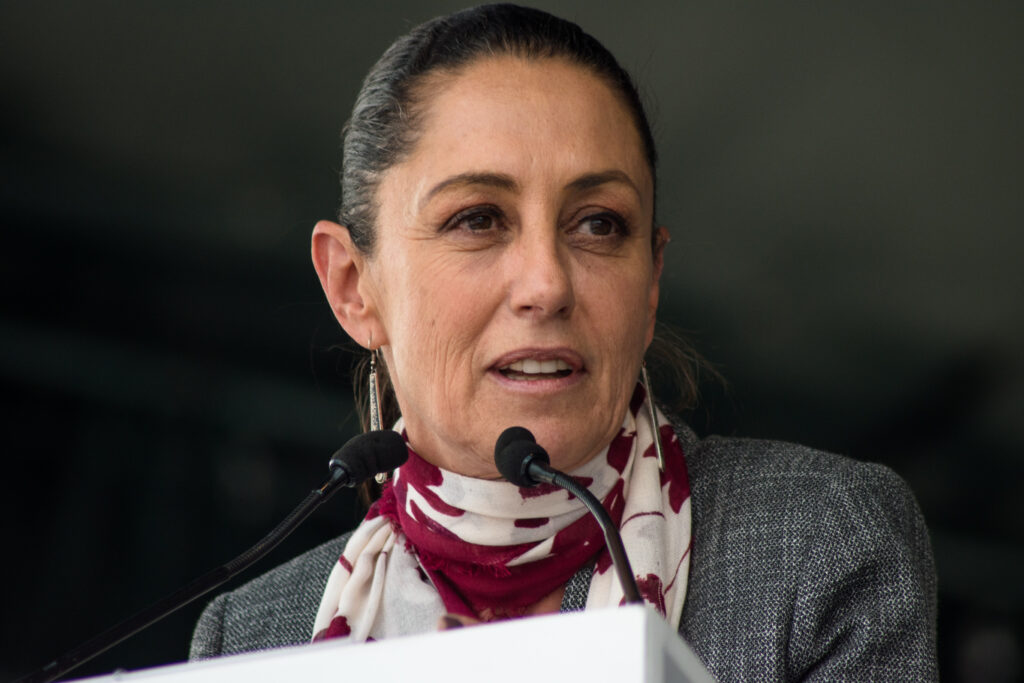
Other Latin American Voices Join the Call for “Non-Intervention”
Cuba, for its part, dismissed the presence of U.S. military forces in the southern Caribbean Sea as an operation to effectively combat drug cartels. Cuban Foreign Minister Bruno Rodríguez stated that the military mobilizations “are part of a corrupt agenda by the Secretary of State. Latin America and the Caribbean must be respected as a Zone of Peace.”
The President of Bolivia, Luis Arce, “strongly” condemned the U.S. military movement in the Caribbean, labeling the Trump administration’s accusations against Maduro as an “outrage.” “From the heart of South America, we strongly condemn the U.S. military deployment in waters surrounding Venezuelan Caribbean territory,” Arce expressed via social media.
Brazil, a country that shares a border with Venezuela, also expressed concern about the U.S. military presence near Venezuelan waters. “I view the deployment of U.S. warships to Venezuela with concern. I believe non-intervention is fundamental,” stated Celso Amorim, Advisor for International Affairs to the Presidency of Brazil.
Despite this intervention, the official recalled that Brazil does not recognize Nicolás Maduro as the legitimate president following the 2024 elections. “When the elections were held, we had doubts, we avoided compliance, but we maintained the relationship, which is state-to-state. Having good relations is not a choice, but an imposition of geography,” Amorim noted.
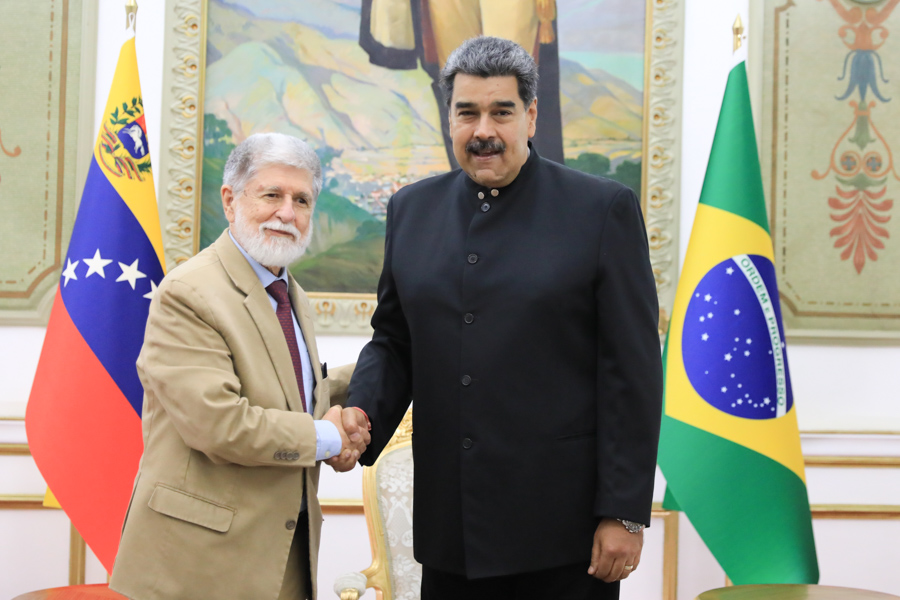
Venezuela’s Extra-Regional Allies Condemn U.S. Measures
Other international reactions also came from countries on the other side of the world. Allies of the Venezuelan government such as China and Iran spoke out against the U.S. measures, stating that the military presence in waters near Venezuela undermines regional stability and the principle of non-intervention.
China expressed its rejection of the U.S. patrols in the Caribbean, considering them a violation of the sovereignty of several countries. “We firmly oppose any act of intimidation or use of force that violates Venezuela’s sovereignty and territorial integrity. We call on the United States to stop these provocative actions,” said Mao Ning, spokesperson for the Ministry of Foreign Affairs.
Similarly, Iran strongly condemned what it considered a continuation of “interventionist and illegal” policies against Venezuela and labeled the action as imperialist aggression. “These actions evidence the growing disregard of the U.S. ruling elite for the fundamental norms of international law,” stated a communiqué from the Ministry of Foreign Affairs.
Countries on the Continent Back the Narrative of Anti-Drug Efforts
In contrast to the concerns expressed by various actors regarding the U.S. military deployment, other countries in the region have shown a stance more aligned with or indifferent to the U.S. narrative. Panama received the head of Southern Command as part of cooperation commitments, while Paraguay, Ecuador, and Guyana supported the thesis of combating drug trafficking.
On August 17 and 18, Admiral Alvin Holsey, head of Southern Command, visited Panama. The President of the Central American country, José Raúl Mulino, highlighted that this visit falls under a memorandum between the U.S. Secretary of Defense and Panama’s Ministry of Public Security, signed in April, as part of customary security cooperation agreements.
Although Hosley’s visit to Panama is not directly linked to the military deployment ordered by Trump in the Caribbean, it has been valued for its capacity to “confront regional threats and operate effectively together,” according to the United States. Hosley’s agenda also included visits to Argentina and Paraguay, governments which oppose Nicolás Maduro.
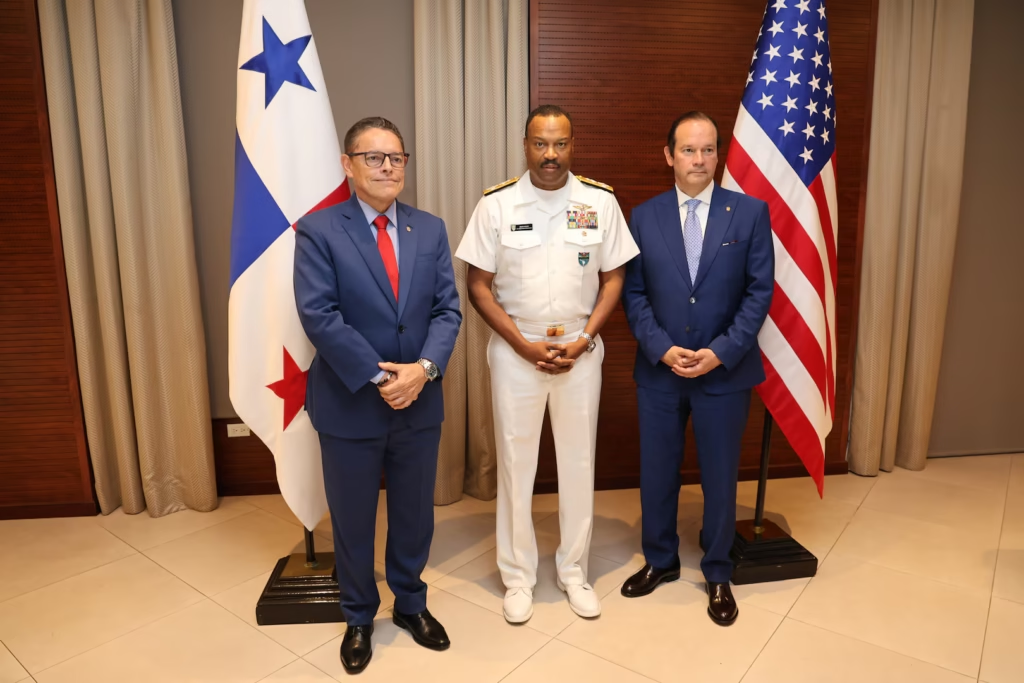
Precisely in Paraguay, it was announced that the so-called “Cartel of the Suns,” attributed to the leadership of Nicolás Maduro, would be designated a terrorist group, which would increase international pressure on the Venezuelan government. The decision, already approved by the Senate, would await officialization via decree by President Santiago Peña.
Paraguay’s measure would follow the decision by Ecuador, which days earlier also declared the Cartel of the Suns a terrorist group. Ecuadorian President Daniel Noboa stated that the group “constitutes a threat to the national population, the constituted order, and the sovereignty and integrity of the State” and urged coordination “with intelligence agencies from other States.”
Guyana has also joined the U.S. narrative of combating drug trafficking. The head of Guyana’s Customs Anti-Narcotics Unit, James Singh, explicitly pointed to Venezuela as the main transit point. “[The drugs] arrive from Venezuela by plane or ship. It doesn’t help that Venezuela is a narco-state and claims two-thirds of our territory,” he noted.
Guyana’s statements also come in the context of rising tensions over a long-standing territorial dispute with Venezuela, in which they urge Caracas to comply with orders from the International Court of Justice (ICJ) to resolve the controversy, while rejecting bilateral meetings on the matter. In this sense, the U.S. has become an ally of Guyana amid this dispute.
The diverse reactions and positions in the region and the world reflect, on one hand, deep concern from those who interpret U.S. actions as a direct threat to sovereignty and regional stability. However, on the other hand, it is evident that there are many voices supporting the U.S. justification for its military advance as part of the war on drugs.


